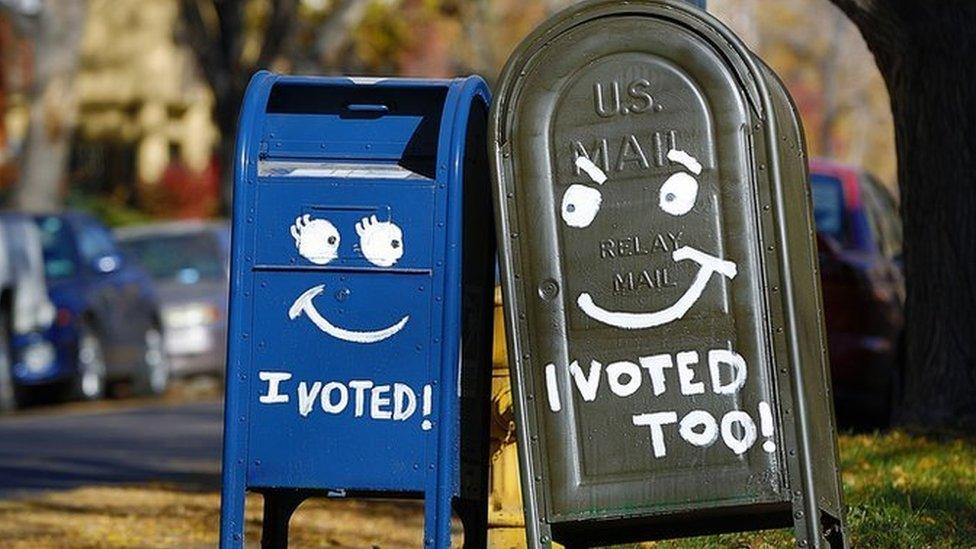
In the world that we live in, our bodies have all sorts of parts that have to work together in order to make sure that we survive. Our hearts pump blood into the rest of our bodies, our brains send electrical impulses throughout our central nervous system to ensure that we feel things and are able to move.
Something that’s commonly overlooked, at least until there’s a serious issue, is our teeth. Sometimes issues with our teeth aren’t that bad and only require a normal appointment. Sometimes, the issues that we run into require dental emergency care.
It’s easy to look over emergency care for our teeth because of the sheer fact that tooth issues aren’t that bad until they are. In fact, most Americans don’t have any sort of emergency dental care option available to them in the slightest, partially because they don’t understand how important it is.
That’s why we’ve taken the liberty of writing today’s article. With a bit of luck, by the time you’re finished reading this, you’ll understand why having the option to get emergency care for your dental issues is so important and why so many Americans would be certain not to go without it.
Table of Contents
What is a Dental Emergency?
A lot of people might not fully understand what a dental emergency is. That’s understandable. Dental emergencies aren’t uncommon, but it can be hard to fully understand what exactly a dental emergency is until you’ve experienced one yourself.
So, what actually constitutes a dental emergency? There are a lot of different things that can actually be considered a dental emergency and that can easily result in you seeing a dentist much sooner than you would have without an emergency issue occurring. Those emergencies can include stuff like:
- Cracked teeth.
- Broken jaw.
- Knocked out tooth.
- Temporary crowns falling out.
- Broken orthodontics.
- Severe toothache.
- Excessive bleeding, especially after an oral surgery like a tooth extraction.
In general, if you’re in a lot of oral pain, have a lot of bleeding in your mouth, or both, there’s a good chance that you should call your dentist and see if you can get an emergency appointment to relieve your issues as soon as possible.
There are a lot of things that can come from these emergencies, including infection. Well, an infection can both be a cause and an effect of a dental emergency so it’s best just to go in. Dental infections can be very painful and really aren’t a joke.
What Happens When You Call Your Dentist with an Emergency?
Now that we fully understand what a dental emergency is, let’s look at the process for calling in a dental emergency. There are a few simple steps that usually perfectly describe the call.
Here’s what it looks like if the dental office is open or if they have an answering service for after-hours support:
- You call the dentist.
- Someone answers the phone.
- The person on the other side of the phone will ask you a few questions.
- With the answers to these questions, the person will determine that you have an emergency.
- Depending on if it’s the office or the answering service that answers, one of two things can happen next:
- If it’s the office, they’ll try to get you squeezed in that day before the end of the business day. Sometimes they can even get you in after-hours if that isn’t possible.
- If it’s an answering service, they’ll try to get you in as soon as possible. Depending on the practice, that could either mean within a couple of hours of your call or first thing in the morning.
If you call outside of business hours and they don’t have an answering service, things will only look a little different:
- You’ll call the dentist.
- Your call will go to voicemail.
- When the office opens again, someone will call you back to get you in asap.
Some dentists do check their voicemails as they come in, even in the middle of the night, but the thing to keep in mind here is that dentists are people just like anyone else. Certainly, like most doctors, they would love to be able to provide support 24 hours a day every single day.
The problem here is that humans need sleep. Dentists are no exception to this, and because of that, even if they do check their voicemails in the middle of the night, they might need to be sure that they’re still getting a healthy amount of sleep.
It’s unfortunate, and certainly, all involved parties would prefer that everyone can get the help that they need right when they need it, but the human body and mind, unfortunately, have limitations that need to be accounted for when it comes to this kind of thing.
How to Find Out if Your Dentist Offers Emergency Service
If you are worried about ever having emergency issues with your teeth, you’re far from alone. Millions of Americans share the same concern on a daily basis, and that’s why it’s important to be sure that your dentist offers emergency services in the first place.
This is especially important if you have a serious existing condition with your teeth or gums that could lead to a higher chance of experiencing emergencies on any given day. Whether or not this is the case, a dental emergency can happen to anyone.

So, how can one be sure that they’re picking an office that offers emergency services? It’s actually a lot easier than you might think, here are just a few ideas:
Check Around Online.
- The internet is a well-spring of experience and information. Most dental offices that offer emergency services will say so on their website, and you can usually also check reviews to be sure.
Ask Your Friends.
- Your friends are also people that have dental needs. That means that there’s a good chance that they have some opinions on local dentists, opinions that can help you out.
Call And Ask The Dentist Directly.
- The dental offices that you’re looking into would definitely know if they provide emergency services and the front desk people would be happy to give you that information if you call and ask them. This kind of phone call usually lasts less than a few minutes.
Getting this information is a lot easier than one might imagine and, fortunately, you have a variety of tools at your disposal in order to make sure that you’re able to get exactly the information that you’re looking for without much hassle on your end at all.
How to Minimize the Risk of a Dental Emergency
Having dental emergencies isn’t fun. In most cases, they’re incredibly painful and can cause trouble eating and sleeping. While knowing that you can easily get treatment if and when they happen is good for peace of mind, avoiding them outright is a lot better.
So, what can one do to ensure that they have the lowest possible risk of having to deal with major dental complications in general? It’s actually pretty easy, but it does require a bit of practice to build up a routine. Here’s what you can do at home:
Brush At Least Twice A Day.
- Experts recommend brushing at least twice a day for 2 minutes each time. It’s the most effective when you brush in circular motions.
Floss At Least Once A Day.
- Flossing is very important, and even just flossing once a day can ensure that you’re taking great care of your teeth. Some dentists even recommend flossing twice a day.
Use Mouthwash At Least Once A Day.
- A lot of -people think that the mouthwash industry is nothing but marketing, but a good mouthwash can actually do a lot of good for your oral health in general.
Getting a good daily routine going is incredibly important and can also help reduce the buildup of the bad things that form in your mouth and cause issues that could turn into emergencies. These things even make your teeth stronger and less prone to breakage if you accidentally go face first over your bike’s handlebars, for example.
Also going to the dentist for a deep cleaning at least twice a year is important. Dentists can clean your mouth a lot better than you can because of both their expertise and the tools they have available to them. With daily habits and regular cleanings, you can ensure that you keep your teeth nice and healthy for the longest possible time.
Getting the Dental Care You Need, Right When You Need It
People have major dental emergencies every single day. Knowing that your dentist has you covered can help make that concept a lot easier to digest for the vast majority of people.
It’s not to hard to get the care that you need, even if it is an emergency. Even if you current dentist doesn’t offer emergency service, odds are you’ll be able to find someone who can help when you do need it.








